In logistics warehousing, construction sites, and industrial production, choosing the right forklift is crucial for improving efficiency and reducing costs. With a wide variety of forklift types available on the market - 1.5-13 ton lithium battery electric forklifts, 1.5-10 ton fuel forklifts, and 3.5-10 ton off-road forklifts, how do you make an informed choice? This article will provide you with a practical guide.
I. Understanding the Characteristics of Different Types of Forklifts
1. Electric Forklifts (1.5-13 tons lithium battery)
Environmentally friendly and energy-efficient: Zero emissions, low noise, suitable for indoor and environmentally strict places.
Simple maintenance: Lithium battery maintenance-free, charging fast, long lifespan.
Low operating costs: Electricity costs are much lower than fuel.
Limitations: Higher initial investment, not suitable for extreme temperature environments.
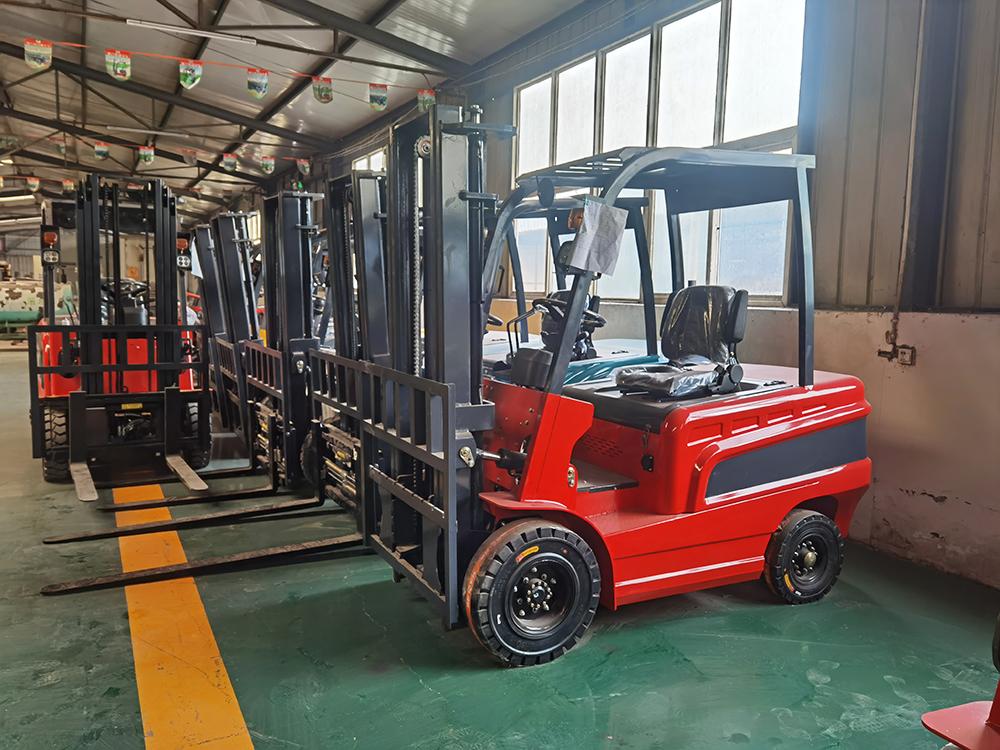
2. Fuel Forklifts (1.5-10 tons)
Powerful: Suitable for heavy loads and long continuous operations.
Adaptable: Not limited by temperature, suitable for outdoor operations.
High usage costs: Higher fuel costs and maintenance costs.
Pollution issues: Emissions of exhaust gas and noise, not suitable for enclosed spaces.
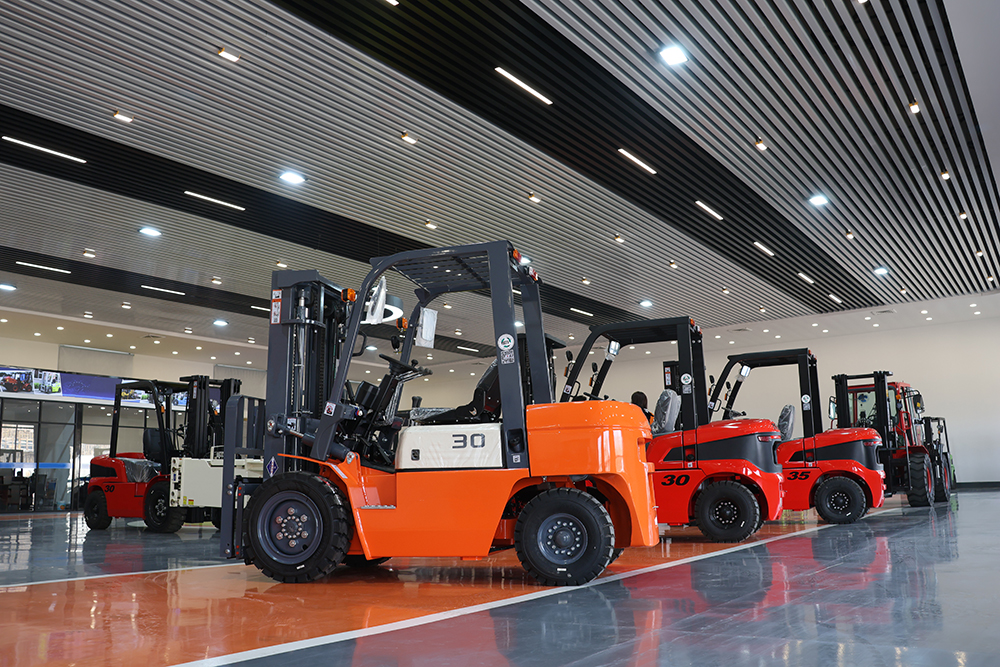
3. Off-Road Forklifts (3.5-10 tons)
Special design: Wide tires, high chassis, suitable for rough terrain.
Multifunctional: Can be used in construction, agriculture, forestry, and other scenarios.
Good stability: Low center of gravity, strong load capacity.
Limitations: Large size, not suitable for narrow spaces, higher price.
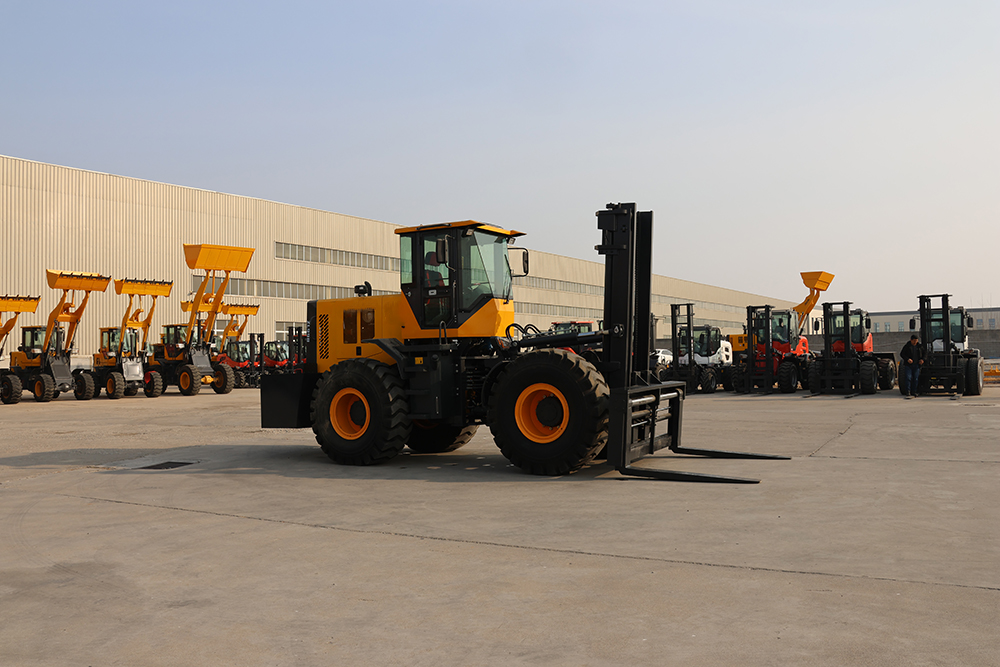
II. Five Key Factors for Choosing a Forklift
1. Assessment of the Working Environment
Indoor work: Prioritize electric forklifts to avoid exhaust pollution.
Flat outdoor: Fuel forklifts or electric forklifts are both acceptable.
Rough terrain: Must choose off-road forklifts.
Space limitations: Consider turning radius and lifting height.
2. Analysis of Load Requirements
1.5-3 tons: Light-duty operations, electric forklifts offer the best economic benefits.
3-8 tons: Medium-duty operations, choose electric or fuel based on usage frequency.
Over 8 tons: Heavy-duty operations, fuel forklifts or large-tonnage off-road forklifts.
3. Consideration of Usage Frequency
High usage (8 hours or more per day): Electric forklifts may have a lower total cost.
Intermittent use: Fuel forklifts may be more suitable.
Seasonal use: Consider leasing rather than purchasing.
4. Budget and Long-Term Costs
Initial budget: Electric forklifts are expensive but have lower operating costs.
Long-term use: Calculate total costs over 5 years, including energy, maintenance, and depreciation.
5. Special Requirements Consideration
Refrigeration Environment: Select specially designed electric forklifts.
Explosion-proof Requirements: Choose explosion-proof electric forklifts.
Shift-based Production: Consider fast charging or backup battery solutions.
III. Typical Application Scenarios of Different Types of Forklifts
1.Electric Forklifts Best Application:
High-cleaning requirements industries such as food and medicine; Indoor environments such as supermarkets and warehouses;
Noise-sensitive areas such as urban distribution centers; Work conditions with long daily usage time.
2.Fuel Forklifts Best Application:
Heavy-load operations in ports and docks; Temporary operations on construction sites; Extreme temperature environments (extremely cold or hot);
Remote areas with inconvenient power supply.
3.Off-road Forklifts Best Application:
Uneven ground on construction sites; Field operations such as forestry and agriculture; Natural disaster rescue; Special environments such as mines and quarries.
IV. Purchase Suggestions and Precautions
Field test: Try out different models under similar conditions.
Supplier evaluation: Select brands with a well-established after-sales service network.
Part supply: Ensure adequate supply of wearables.
Operational Training: There are differences in the operation methods of various forklifts.
Future expansion: Consider the demand changes brought about by business growth.
Remember, there is no "best" forklift; only the one that is "most suitable" for your specific needs, budget and long-term plans. The optimal choice can only be made
by considering your particular requirements, budget and long-term goals. It is recommended to consult a professional forklift supplier for a detailed analysis of the
working conditions and cost estimation to ensure that your investment yields the maximum return.
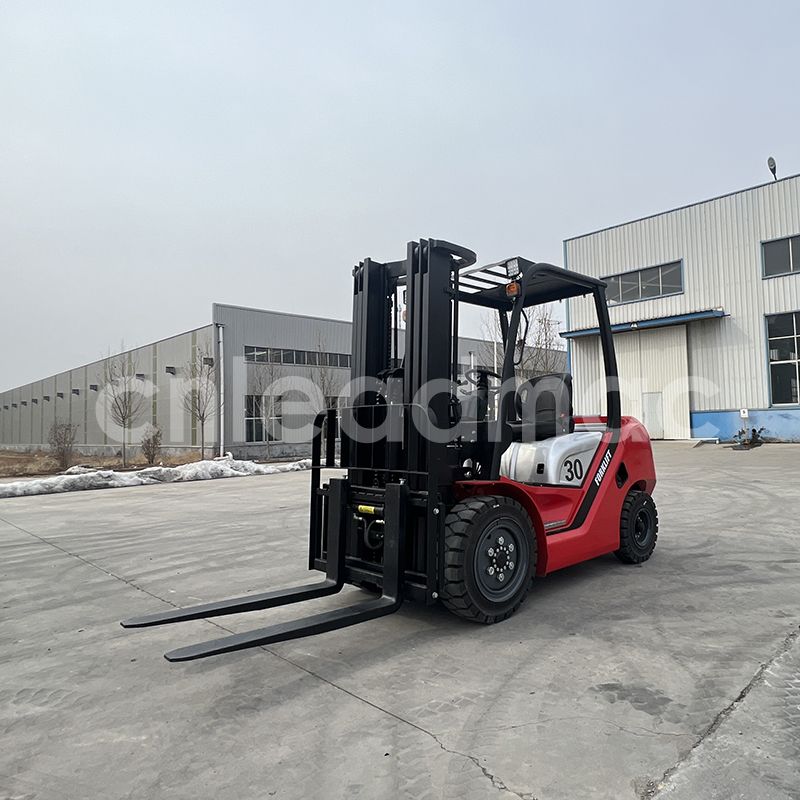 The All-New Ld-D30 Diesel Fork
The All-New Ld-D30 Diesel Fork
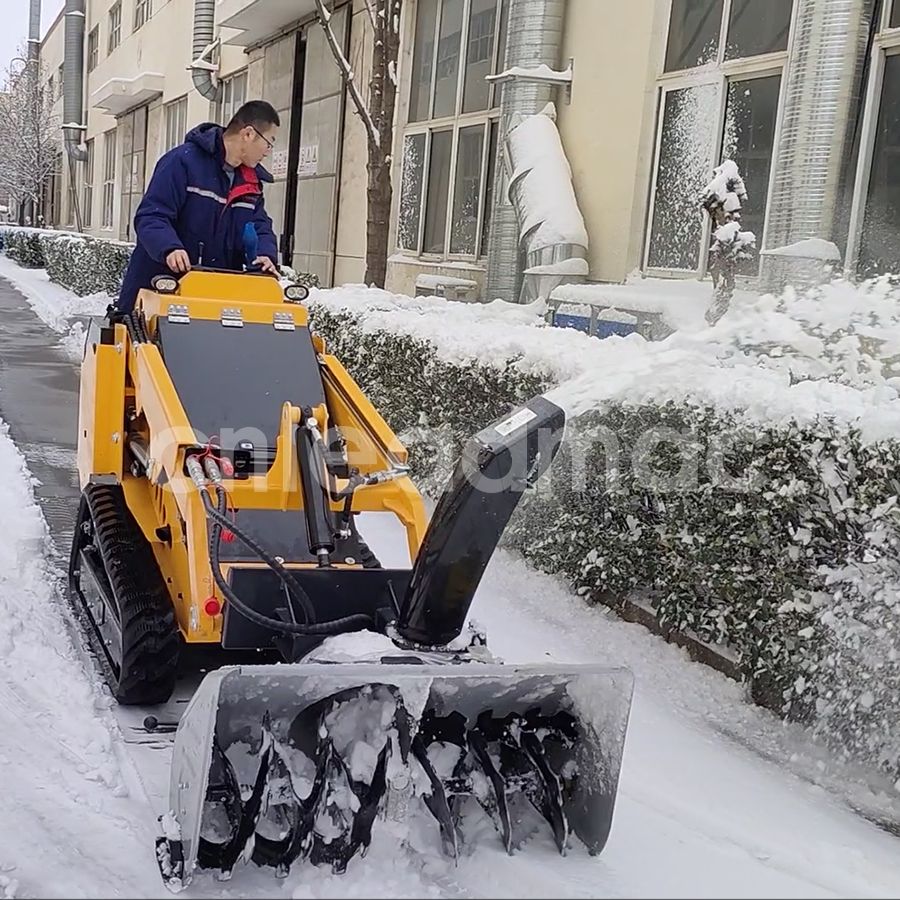 Snow Removal Without Worry – T
Snow Removal Without Worry – T
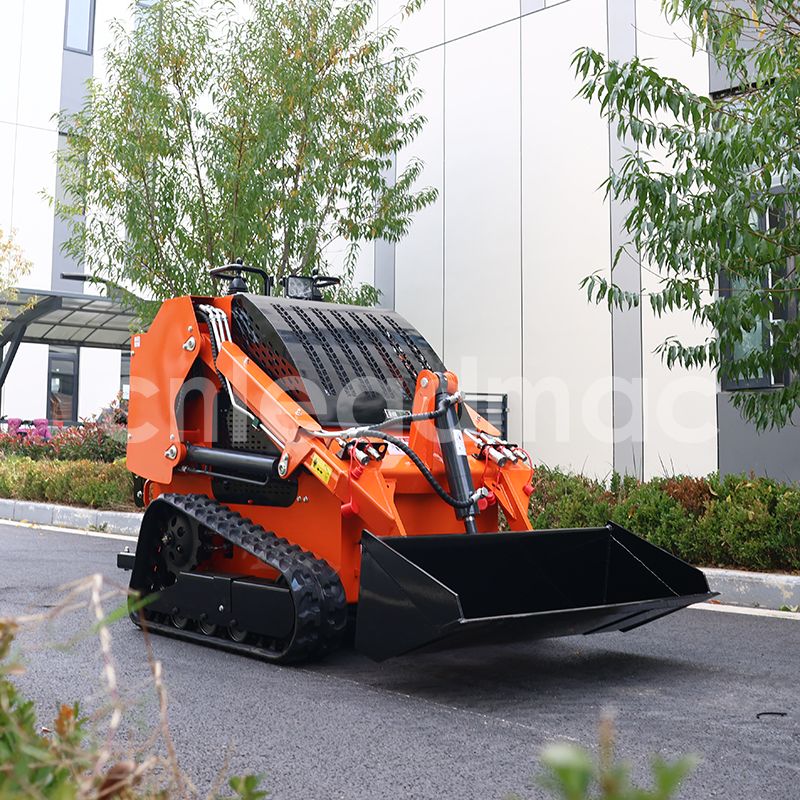 Say Goodbye To Range Anxiety!
Say Goodbye To Range Anxiety!